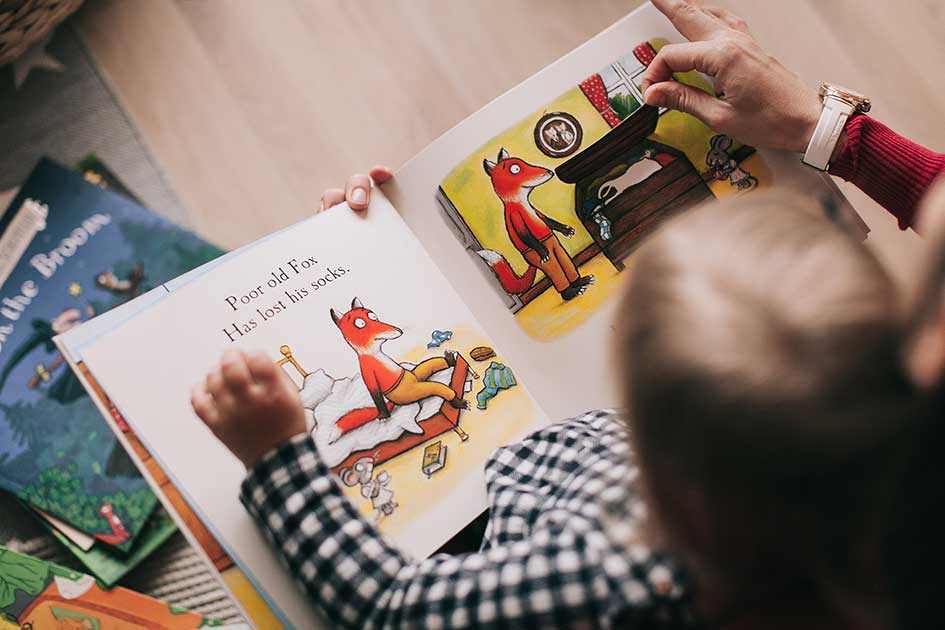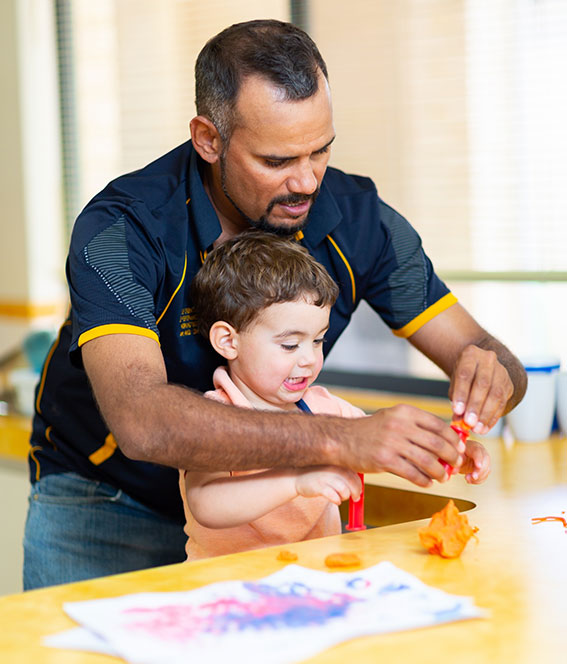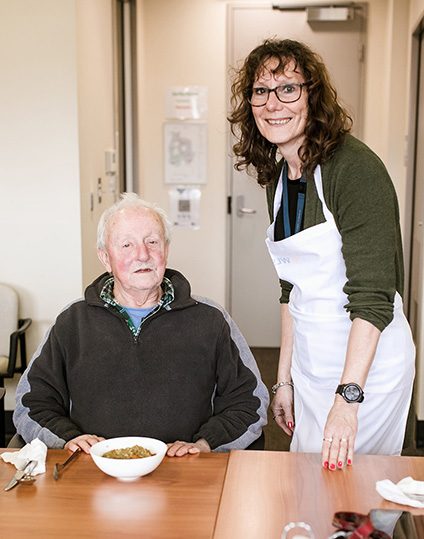Routines help us get organised. They help us feel a little less stressed about the hundreds of tasks ahead of us. They also remind us there’s time in the day to rest and recuperate. Routines make us feel pretty good as adults, and unsurprisingly, they help children feel better about the world around them, too.
Sometimes, we’re not that great at sticking with routines. And that’s okay. That’s probably a sign the routine you have isn’t working for you. Whatever you do, don’t ditch routines altogether – it just might be time to change things up.
In this article, we cover:
We asked our Child and Family Practice Clinical Lead, Jasmine, why routines are so important.

Why are routines important for families?
Routines help make the family home run a little more smoothly. When we know what we’ve got on for the day or week ahead, we also know when we have time for each other. This can strengthen our family bond.
When we consistently run with a routine, we:
- Complete tasks (like homework or housework) on time
- Feel a sense of accomplishment
Routines also make life that little more predictable – a good foundation for tackling change.
Why are routines important for my child?
Routines help children develop life skills – like time management and completing tasks – from a young age. This builds healthy habits early on, and helps children feel safe, confident and in control of the day ahead.
Having a schedule reduces stress and anxiety in children because:
- They have a sense of what their day will look like
- They can see what fun or enjoyable activities are coming up
- They have something to look forward to amid the ‘not so fun’ activities.
Research shows routines also help children fall asleep more easily at night.

Why are routines important for me as a parent?
Children model behaviour from their parents – good and bad. By seeing you engage in a healthy routine, your child is more likely to do the same.
You’ll also notice a few benefits when you follow a routine. You’ll be:
- More organised and in control
- Less stressed
- Spending more time with the kids
- Able to do more things that you enjoy.
So, what makes a good daily routine?
Routines should be easy to follow, flexible, balanced with a fair share of work and play activities, and most importantly, fun. Make your routine your own – what works for one family won’t necessarily work for yours.
Try not to be too rigid in your routines, otherwise they won’t be beneficial. Life is unpredictable and routines are not always perfect, so don’t be too hard on yourself if things don’t go to plan.
How to get your family routine started.
- Start small.
- Pick a time of day you would like to focus on first – for example, morning or night time. Once you’ve nailed that time of day, start introducing routines for other times.
- Set an achievable and realistic goal, and don’t overcomplicate it. Your bed-time routine might be to have a cup of tea, brush your teeth and read in bed for 10 minutes before turning the lights off. For your child, you might be giving them a bath and reading a book together before bed.
- A pattern or habit takes time to become consistent – don’t put pressure on yourself to perfect your routine straightaway or all of the time.
- Write down what you already do in a typical day – this can form the basis of your routine plan.
- Set times for activities. For example, have dinner at 6pm and brush the kids’ teeth before bed at 7pm. This helps to keep things moving on time and provides predictability.
- Include everyone in the process of setting the family routine. That way, we’re all on the same page, and one of us will remember to include something fun!




